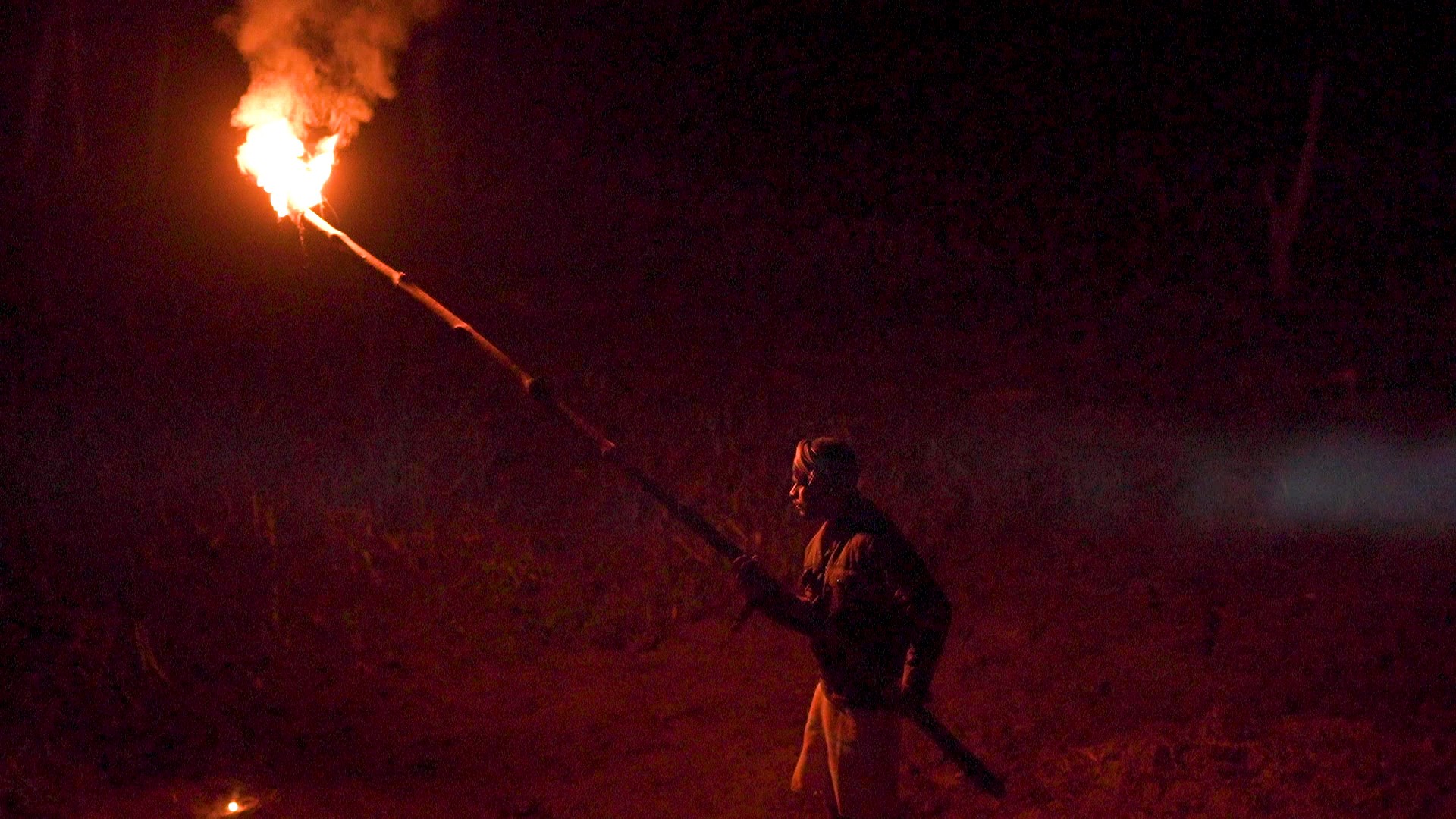The Indian army has admitted that it “made a mistake” in killing 13 tribesmen in a botched ambush and in an ensuing confrontation with protesting villagers last weekend in the state of Nagaland in northeast India. The 21st Para Special Forces, an elite commando unit of the Indian Army, said that they had acted upon “credible intelligence” on the movement of “insurgents” in the area. But they actually opened fire on miners.
Advertisement
The Nagaland state government has also accused the army of making no effort to identify the bodies and even hiding them under tarpaulin sheets when they were carted off in a truck. On Dec. 4, Indian army troops ambushed a truck carrying coal miners returning from work in a village called Oting. All eight men aboard the truck died in the gun attack. The local police said the miners were not even signalled to stop. Enraged villagers then started protesting and troops opened fire on them, killing five more people.The army later claimed it was trying to ambush “insurgents” and mistakenly fired at the miners’ truck. One army officer was killed in the protest violence that followed.The slain miners and protesters belonged to the Konyak tribe, famed for their tattooing traditions and considered to be among India’s last headhunting tribes, a practice outlawed by the British colonial government in the early 20th century and by the Indian government since 1960.
Advertisement
“None of us in the village are in a space to do any work. It’s like the world for us has come to a standstill.”
Before it was cancelled on Dec. 7, the Rehangki tribe did a silent protest at the state government-sponsored Hornbill Festival, which is arranged annually to showcase the unique tribal cultures of Nagaland. Photo: Aman Chotani
Moba Langfhoang, also a Konyak, told VICE World News that the statements given by the army and the parliament’s home minister have hurt them more than the bullets did. “The minister said it was a case of mistaken identity. If it was a mistake, it wouldn’t have happened in broad daylight and on such a large scale. You can’t possibly kill so many people by mistake. This is the reason why we can never trust the Indian government because they will never tell us the truth.”
Advertisement
Sharing the same sentiment, Anyam Konyak says he had seen numerous deaths in similar “botched up” encounters in the past. “I can’t say for sure if the security personnel intended to kill the civilians. But we all know for a fact that they can easily distinguish between insurgents and civilians.”
Tribes in Nagaland held a candlelight vigil in their capital Kohima on Dec. 5 for the 13 Konyak tribespeople killed by Indian security forces on Dec. 4. Photo: Aman Chotani

“We would see innocent civilians being taken to army vehicles with the butts of army guns pressing down on them.”
Advertisement
“We would see innocent civilians being taken to army vehicles with the butts of army guns pressing down on them,” he said. “Nothing has changed. If anything, things have only gotten worse.”
The latest army killings have cast a long shadow on the already struggling peace talks between the government and Naga groups. Photo: Aman Chotani
The Nagaland state government also plans to lobby the Parliament for a measure to revoke the controversial Armed Forces Special Powers Act (AFSPA). The AFSPA gives sweeping powers to the armed forces, allowing them to open fire and use lethal force on anyone they perceive to be offending the law or carrying arms and ammunition. Additionally, it gives them authority to carry out arrests and searches on the basis of “reasonable suspicion” even without a warrant from a court of law.Apart from Nagaland, AFSPA is also enforced in four other states in northeast India, and in the union territory of Jammu and Kashmir in the north. “It’s a draconian law, and we can’t critically analyze the military because we will be labelled anti-national,” said the anthropologist. “You only have to do a simple Google search to see the sheer abuse of AFSPA in all the states [in which] it is in effect.”Langfhoang laments that the Indian government continually accuses groups from the northeastern region of being “terrorists.” “There is a huge trust deficit. They can’t stop lying to us and about us.” he said. “How can one have a civil discourse about peace in such an atmosphere?”Follow Arman Khan on Instagram.